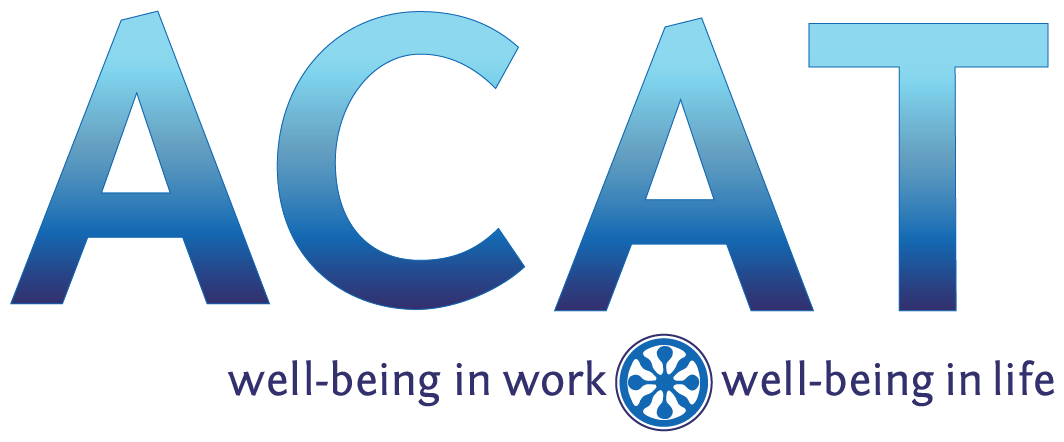 by Brooke Lieb
I have been involved in business and life coaching and spiritual communities that were all about being a yes. “Being a Yes” means looking on the positive side of things, going for it, not taking no for an answer, and with that, the dark underside of self recrimination, FOMO (fear of missing out), shame if I’m not being a yes, and the uncomfortable feeling that comes when you say yes in times when a “no” is more authentic.
by Brooke Lieb
I have been involved in business and life coaching and spiritual communities that were all about being a yes. “Being a Yes” means looking on the positive side of things, going for it, not taking no for an answer, and with that, the dark underside of self recrimination, FOMO (fear of missing out), shame if I’m not being a yes, and the uncomfortable feeling that comes when you say yes in times when a “no” is more authentic.
Over the years, I have come to recognize I have a number of patterns and cycles that are starting to feel out of balance. There have been long periods of time, years or more, when I have been in some form of business or life coaching, or trying different systems and strategies to create results in my personal or professional life, focusing on fitness, focusing on diet, shifting from one system to another. I have read hundreds of self-help books, and have been more or less systematic over the years at making steps to move towards having the life I think I want. I have been fortunate, with good health, access to education, employment and enough success to call my passion for the Alexander Technique my profession. I have experienced very few tragedies or economic challenges that caused me any prolonged stress. I don’t know how much of that is the result of my good fortune, good decisions, or my perception or interpretation of events and circumstances. I don’t know how much is because of how the Alexander Technique has given me access to my reason.
Even with all of that, my tendency is to avoid risk, keep my life simple and operate in a small orbit. I have many stories and rationalizations for why I don’t or can’t do certain things, and there are a lot of “no’s” in my moment to moment choices. I don’t mean saying no to a stimulus, I mean habitually saying “no”.
It ends up being an ongoing balancing act. Too many yes’s or too many no’s tend to throw me out of balance. Too many yes’s, and I can end up overcommitted, spread too thin, exhausted, coming up short, pushing too hard and irritable. Too many no’s, and I may start to feel lonely, isolated, and as though I am not taking advantage of what life has to offer.
How does the Alexander Technique help?
I have a process to assess where I am and what I am doing in the short and long term. If I consider "the need to choose" as a stimulus, the rest of Alexander’s process is consistent. Pause, inhibit my habitual response to “choosing”, send my directions, continue to send my directions while considering my choice in this more integrated state, and move forward. In the case of a decision, I may need to reevaluate and reassess as the choice plays out over time.
My choice may yield an unsuccessful outcome, but if I continue to work with Alexander’s process, I can make a new decision, change my strategy, and seek additional information to assist in how I respond to the outcome. There is always a new stimulus, there are always more moments of making decisions.
I am not implying that I, or anyone else, NEEDS the Alexander Technique in order to access what I have described here, and find balance in the moment. I don’t know, however, how it happens without the Alexander Technique in the mix, because for me, the Alexander principles have been part of the equation for my “balancing act" since I was 20. Considering my peers and family members who haven’t had Alexander principles at their disposal, I would bet good money that I can give credit (lots of it!) to Alexander Technique for helping shape my life, and giving me a way to continue to find that delicate balance.
If you are intrigued by this idea, be sure to visit www.acatnyc.org to find out how you can start learning Alexander principles to help you find more balance in life.
[author] [author_image timthumb='on']http://www.acatnyc.org/main/wp-content/uploads/2014/01/Brooke1web.jpg[/author_image] [author_info]N. BROOKE LIEB, Director of Teacher Certification since 2008, received her certification from ACAT in 1989, joined the faculty in 1992. Brooke has presented to 100s of people at numerous conferences, has taught at C. W. Post College, St. Rose College, Kutztown University, Pace University, The Actors Institute, The National Theatre Conservatory at the Denver Center for the Performing Arts, Dennison University, and Wagner College; and has made presentations for the Hospital for Special Surgery, the Scoliosis Foundation, and the Arthritis Foundation; Mercy College and Touro College, Departments of Physical Therapy; and Northern Westchester Hospital. Brooke maintains a teaching practice in NYC, specializing in working with people dealing with pain, back injuries and scoliosis; and performing artists. www.brookelieb.com[/author_info] [/author]
